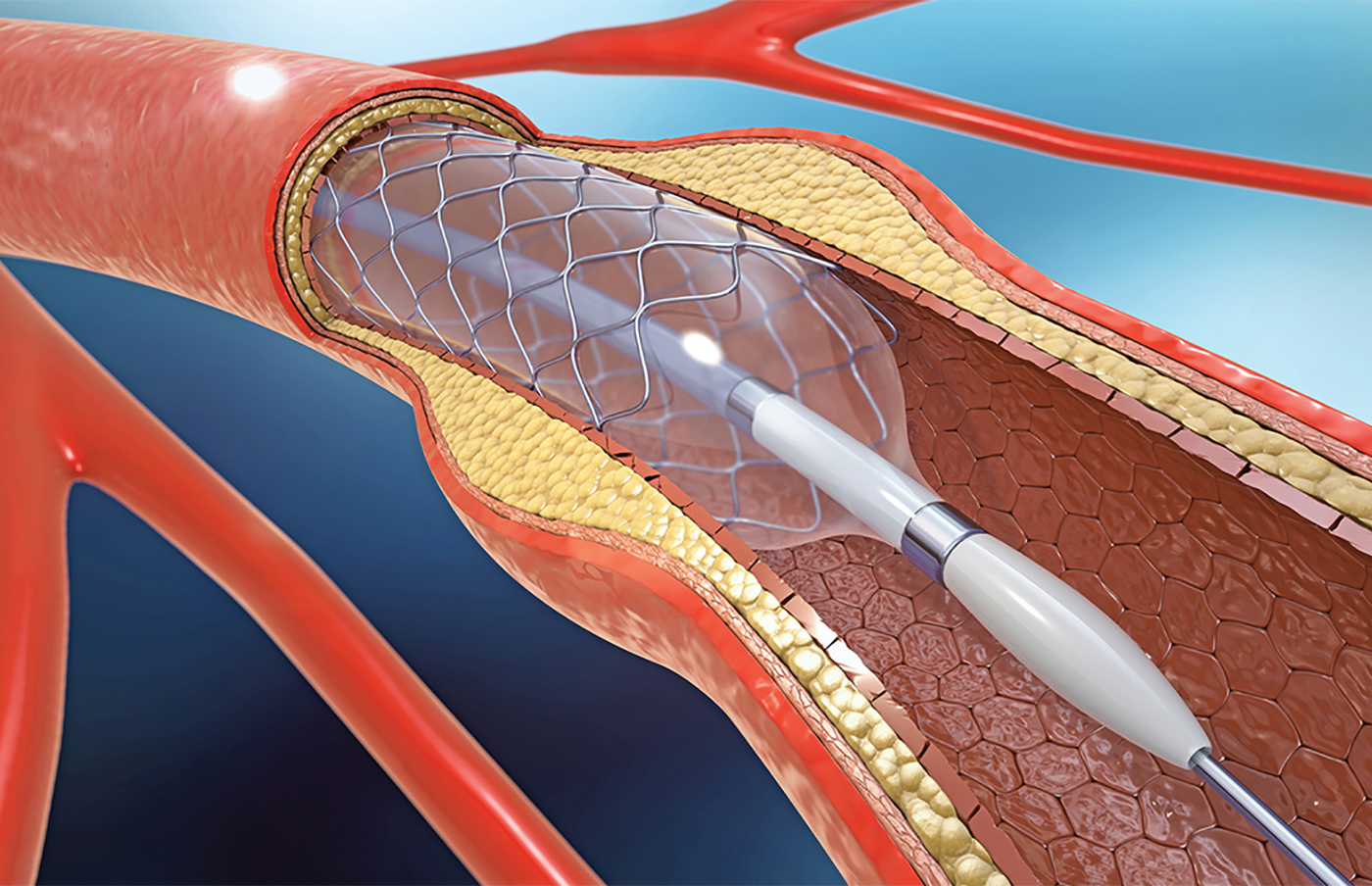When it comes to getting to the heart of the matter, cardiac catheterization is a procedure that really gets under your skin—literally! This crucial technique allows doctors to peek inside the heart, diagnose issues, and even perform lifesaving treatments. Understanding the ins and outs of this procedure can help demystify it and provide valuable insights into how our hearts tick. In this article, we’ll explore fascinating facts about cardiac catheterization, from its history to the latest technological advancements..
Facts About Cardiac Catheterization

Understanding Cardiac Catheterization

To fully grasp the importance of cardiac catheterization, it’s helpful to start with the basics. This section covers what the procedure is, why it’s done, its history, and other key information. By the end of this section, you'll have a clear understanding of the purpose and process of cardiac catheterization.
What Is Cardiac Catheterization
Fact: Cardiac catheterization helps diagnose and treat heart problems by providing detailed heart function and structure information.

Cardiac catheterization involves inserting a thin, flexible tube called a catheter into a blood vessel and guiding it to the heart. This procedure helps doctors diagnose and treat heart conditions by providing detailed information about the heart’s function and structure. It is commonly used to identify blockages in the coronary arteries, measure blood pressure within the heart, and evaluate the functioning of the heart valves.

